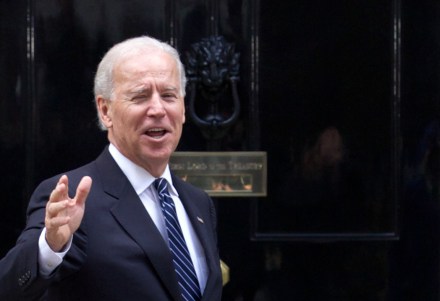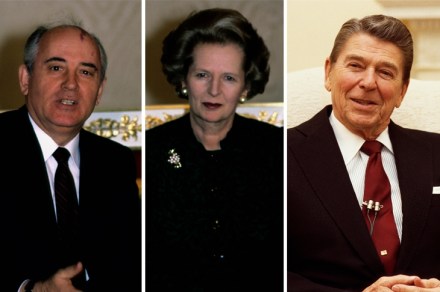A written constitution is no defence against authoritarian government
No one can accuse Linda Colley of shying away from big subjects. This one is as big as they come — nothing less than an exploration of the origin of written constitutions. It is built around two ideas. One is that the development of national constitutions has to be studied globally, not nationally. Only then can consistent patterns emerge. The other is that there is a consistent pattern. The great generator of written constitutions, she argues, is war. The argument is that war requires an exceptionally high degree of social organisation which makes a formal constitution desirable, perhaps even necessary. The Gun, the Ship and the Pen is a remarkable




